At the international conference: “Developing biofuels in the new era - Key tasks to create a sustainable fuel future for Vietnam” on the morning of August 27 in Hanoi, Minister of Industry and Trade Nguyen Hong Dien emphasized that converting energy towards green and clean is an inevitable trend globally. In particular, biofuels, especially E10 gasoline, are considered one of the strategic solutions, contributing to reducing greenhouse gas emissions, enhancing the value of the agricultural sector and ensuring national energy security.
The Minister affirmed that Vietnam has been preparing a full legal basis, technical infrastructure and production capacity to synchronously deploy the use of E10 gasoline nationwide from January 1, 2026. Currently, E10 gasoline has been provided on a pilot basis in a number of major cities such as Hanoi , Hai Phong, Ho Chi Minh City and has initially recorded positive interest from consumers.
Key enterprises such as Petrolimex , PVOIL, and Saigon Petro have also prepared blending and distribution infrastructure, ensuring a synchronous supply of E10 gasoline from January 1, 2026 nationwide.
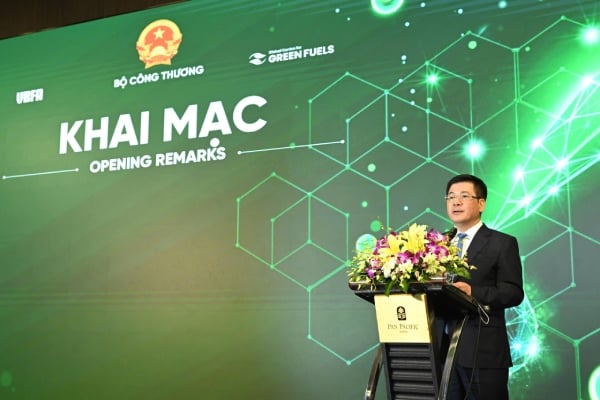
Minister of Industry and Trade Nguyen Hong Dien.
"However, to realize the goal of developing biofuels to completely replace mineral gasoline, we need to overcome major challenges in technology, policy and market. At the same time, we must improve domestic biofuel production capacity because currently, we only meet about 40% of demand for E10 gasoline blending.
This also poses an urgent need to expand raw material areas, increase ethanol production capacity, and at the same time build a strong and feasible policy mechanism to encourage production, import and strategic reserve of biofuel sources," Minister Nguyen Hong Dien said.
Mr. Do Van Tuan - Chairman of the Vietnam Biofuels Association (VBFA) said that in reality, the consumption of E5 RON 92 gasoline tends to decrease.
According to Mr. Tuan, the cause comes from many multi-dimensional factors. On the consumer side, there is still a fear of the quality of bio-fuel. In terms of business, the price difference between E5RON92 and RON95 gasoline is quite low, not enough to create a strong motivation for people to switch. Domestic production enterprises are facing difficulties due to the lack of a stable market and fierce competition with imported ethanol sources. In addition, financial, tax and credit support mechanisms are limited and communication work is not really effective.
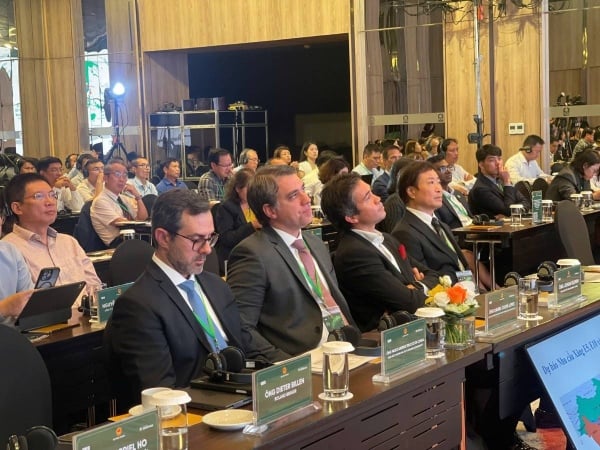
The workshop gathered many domestic and foreign experts.
To overcome this, Mr. Tuan recommended that there should be synchronous solutions, emphasizing the role of the media in providing accurate and transparent information, while simplifying administrative procedures and building more appropriate macro and micro policies.
From an international perspective, Mr. Gabriel HO - representative of the Global Green Fuels Center (GCGF) recommended that Vietnam needs to modernize ethanol factories with improved technology, restructure ownership to attract investors and integrate factories with the distribution network to ensure output.
Second, there is a need to ensure the supply of raw materials such as cassava through contract farming, price stabilization programs and agricultural innovation to improve productivity. He also stressed the importance of increasing feedstock flexibility by adding molasses, researching second-generation biofuels and ensuring import flexibility to manage risks.
Third, on the policy front, Mr. Gabriel HO said that temporary subsidy packages, tax incentives, and price support mechanisms should be implemented to ensure ethanol is competitive. At the same time, strict enforcement of blending regulations and research on climate finance options to finance plant upgrades and supply chain modernization should be done.
Additionally, upgrading storage infrastructure, pipelines and blending facilities to be compatible with ethanol is key to ensuring a stable supply, ready for the nationwide rollout of E10 gasoline.
On the business side, to best prepare for the transition roadmap, Nguyen Quang Dung - Deputy General Director of the Vietnam National Petroleum Group (Petrolimex) made a number of proposals and recommendations. Regarding taxes, it is necessary to stipulate a fixed tax rate on one liter of biofuel sold, instead of calculating it according to the current rate. Unify the tax rate between base gasoline and biofuel sold to create fairness between input and output. In the future, when there is no more mineral gasoline on the market, maintaining two different tax rates will no longer be appropriate.
"These two proposals are built on the principle of not reducing budget revenue and creating maximum convenience for both businesses and tax authorities in declaring and paying taxes," Mr. Dung noted.
Regarding cost norms, Petrolimex proposed that the Ministry of Industry and Trade and the Ministry of Finance soon issue business cost norms for E10 gasoline. This is a very important input parameter to determine the selling price on the market.
Regarding technical standards, Petrolimex proposed to review the current regulations and propose to increase the limit of oxygen content because oxygen in ethanol is not an additive that needs to be limited. At the same time, the company proposed to apply the maximum alcohol content of 10% according to international practice, instead of regulating the fluctuation range, to create flexibility in the blending process when deploying E10 gasoline on a mass scale.
In addition, Petrolimex expressed its hope that automobile and motorbike manufacturing associations in Vietnam would join manufacturers and distributors in communicating the superiority of biofuel to consumers, helping to remove psychological barriers...
The Ministry of Industry and Trade is currently seeking comments on the draft Circular regulating the roadmap for applying the blending ratio of biofuels with traditional fuels in Vietnam. According to the draft, the Ministry of Industry and Trade proposes that all traditional mineral gasoline (RON 92, RON 95 and other mineral types) must be mixed with E100 to become E10 bio-gasoline for use in motor vehicles using gasoline engines nationwide. After 2030, all gasoline blended, mixed, and sold for use in motor vehicles using gasoline engines nationwide will switch to E15 (ethanol content from 14-15%) or bio-gasoline with other blending ratios prescribed by the Minister of Industry and Trade. The Ministry of Industry and Trade believes that, in the context of Vietnam gradually shifting towards green and sustainable direction, E10 bio-fuel is an effective energy conversion solution, suitable for the domestic context and resources, and anticipating international trends. |
Source: https://doanhnghiepvn.vn/kinh-te/vuot-thach-thuc-de-hien-thuc-hoa-lo-trinh-xang-sinh-hoc-e10/20250827111139965






![[Photo] Prime Minister Pham Minh Chinh receives President of Cuba's Latin American News Agency](/_next/image?url=https%3A%2F%2Fvphoto.vietnam.vn%2Fthumb%2F1200x675%2Fvietnam%2Fresource%2FIMAGE%2F2025%2F12%2F01%2F1764569497815_dsc-2890-jpg.webp&w=3840&q=75)
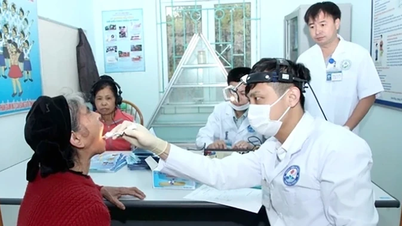

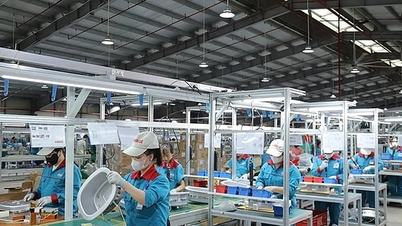



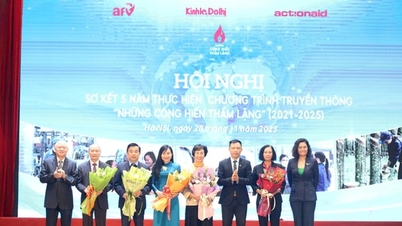
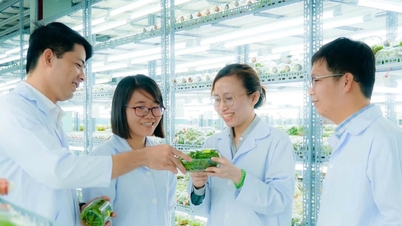

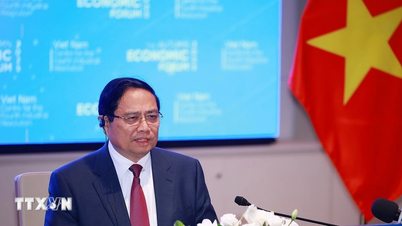

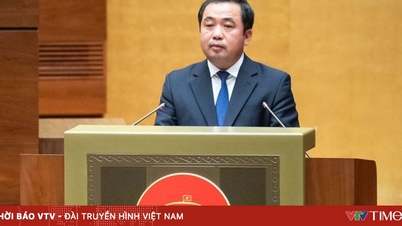


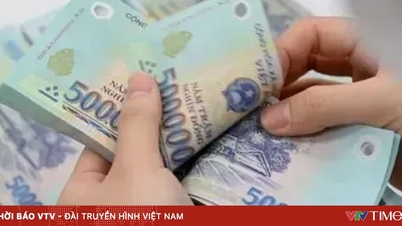
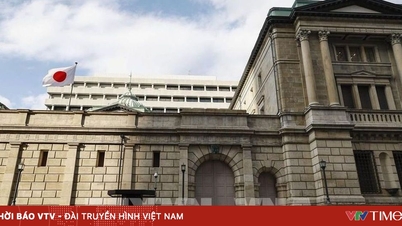

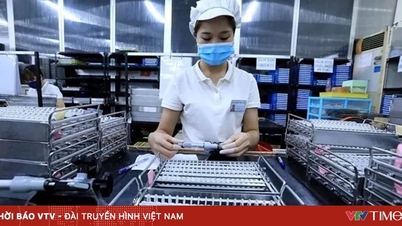




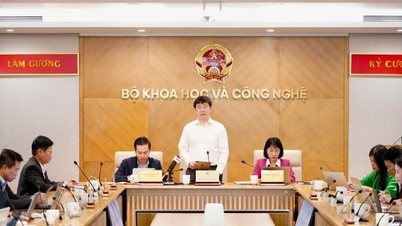

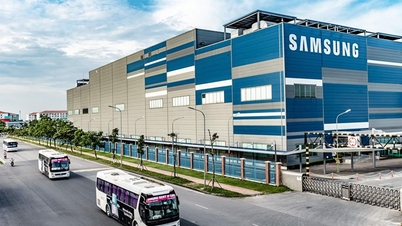
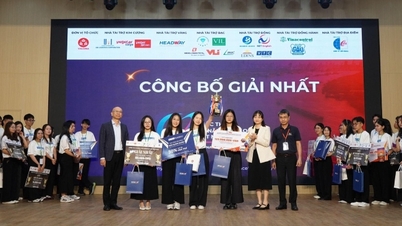
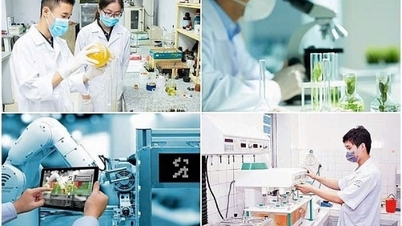









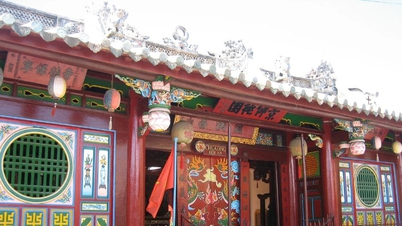


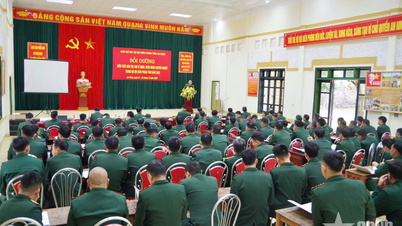



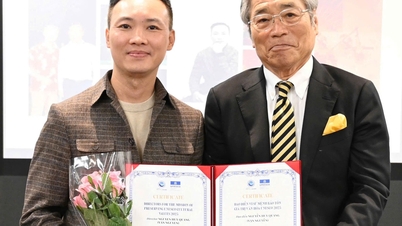

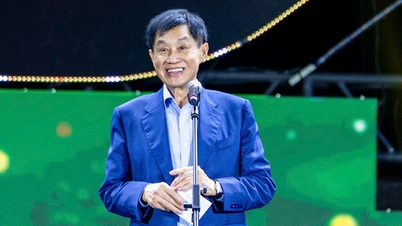



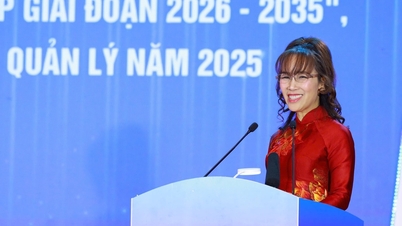

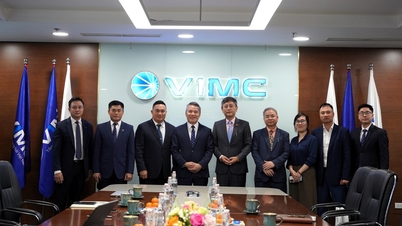


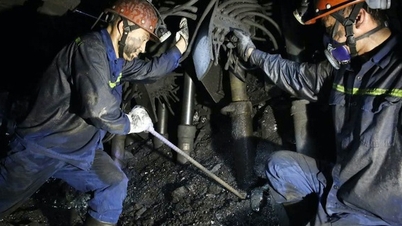


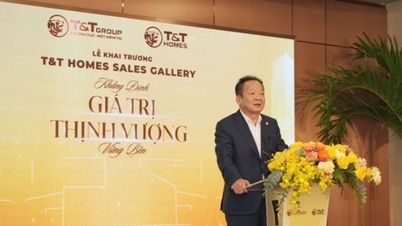














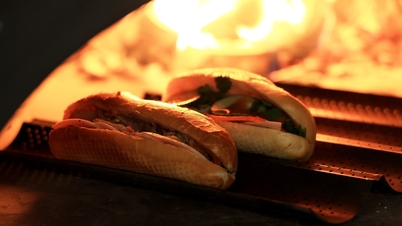
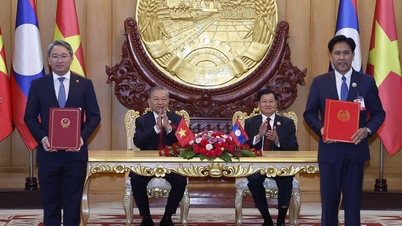
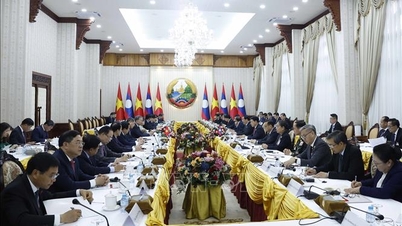



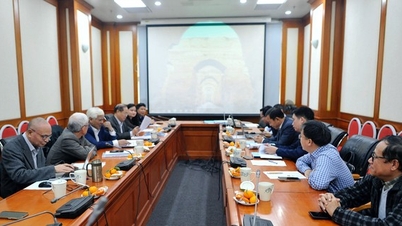
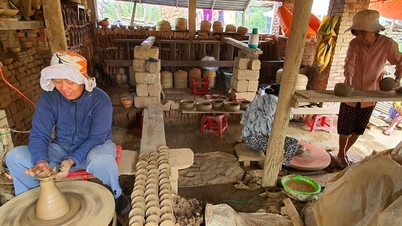

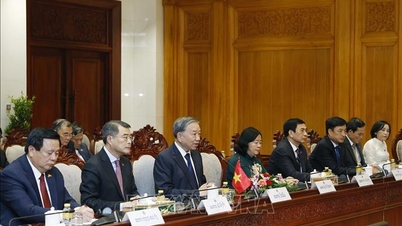


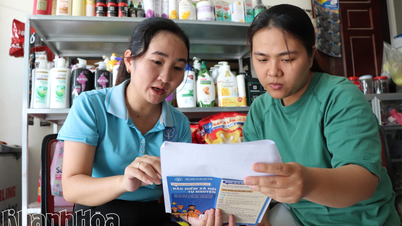
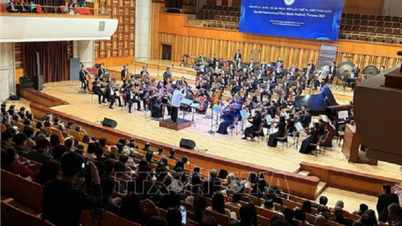


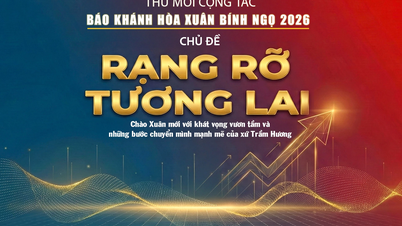
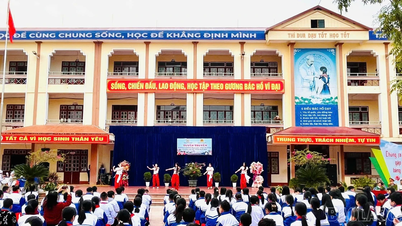













Comment (0)